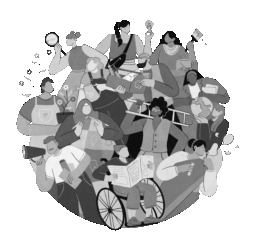This rapid review summarises the evidence on how to scale up inclusive approaches to complex social change. It looks at how to design scalable inclusive change interventions, as well as how to plan and manage the scale-up process. Focusing on interventions with the aim of reaching the most marginalised and transform social norms, it covers programmes aiming to deliver inclusive outcomes for women and girls (with a particular focus on preventing violence against women and girls) and persons with disabilities. To date, many interventions seeking to change harmful gender and disability norms have been implemented as small-scale projects. There are limited experiences of scale-up and fewer evaluations of these experiences. However, there are some documented case studies as well as emerging analysis that draw out lessons learned. From this evidence base, this rapid desk review identifies eight critical issues commonly highlighted as important considerations when scaling up inclusive change interventions: 1. Opportunities for systemic approach, including integrating political and community-level scale-up, and coordinating across multiple sectors and stakeholders 2. Political support for scale-up 3. Strategic choices: balancing reach, speed, cost, quality, equity, and sustainability 4. Catalysing change: tipping points, diffusion effects, and local champions 5. Locally grounded, participatory, and adaptive approaches 6. Long-term approaches with funding models to match 7. Cost-effective and financially feasible scale-up strategies 8. Measuring impact and sustainability.

